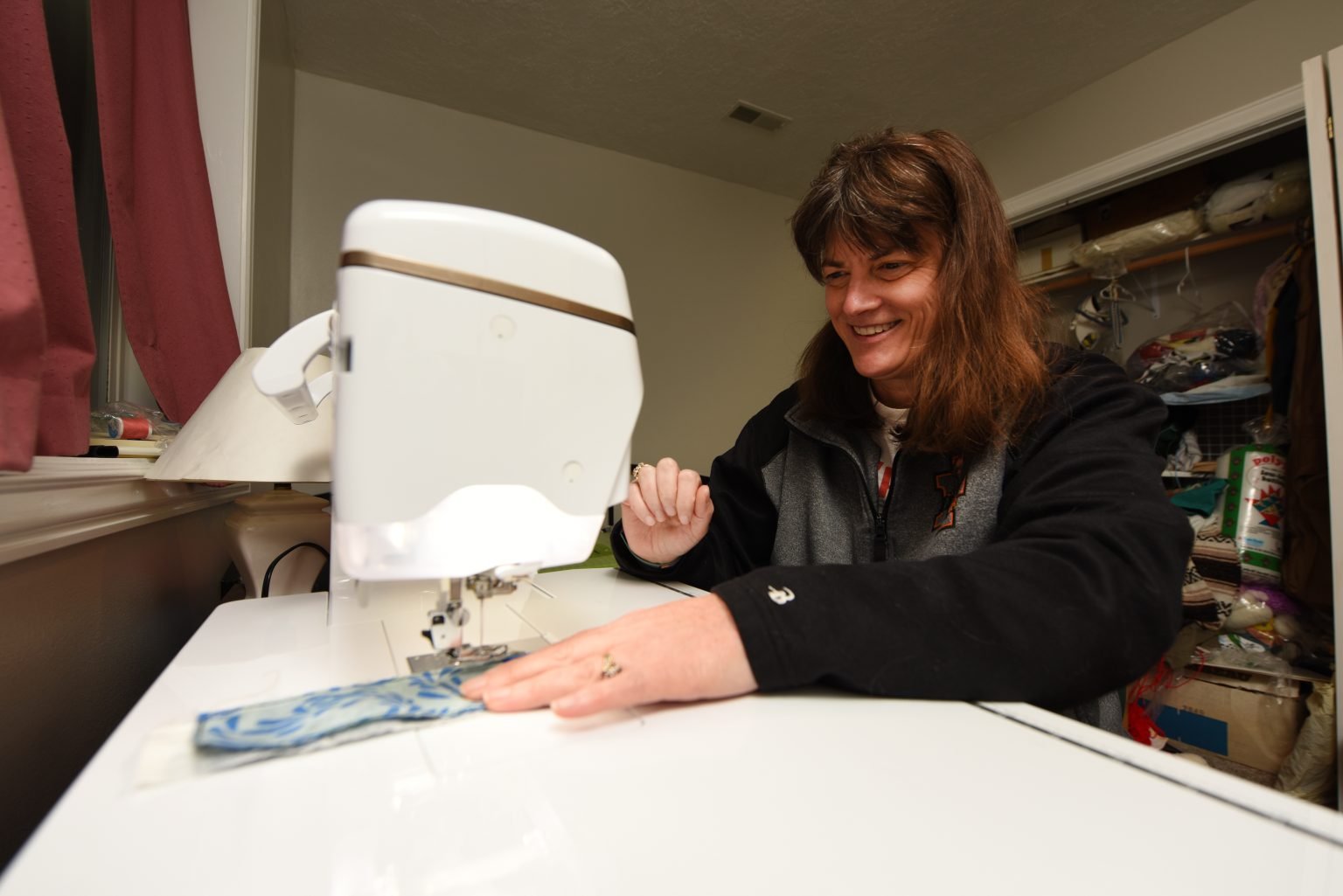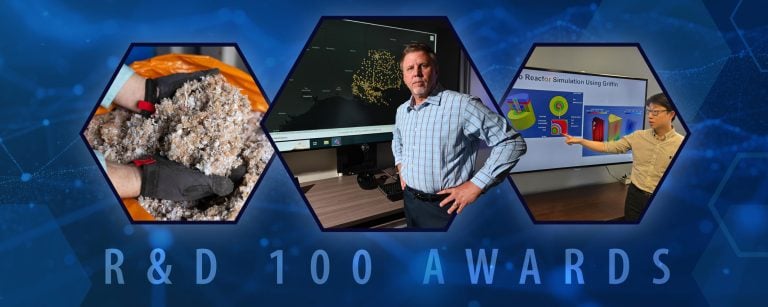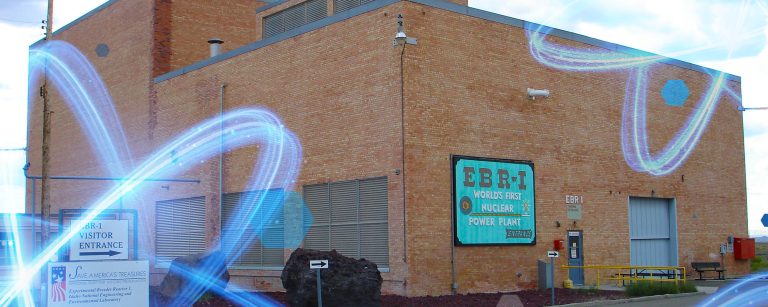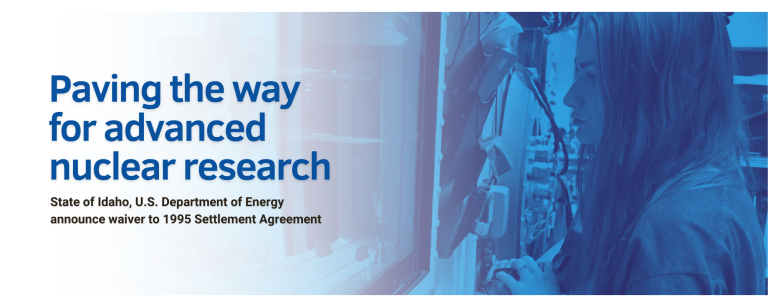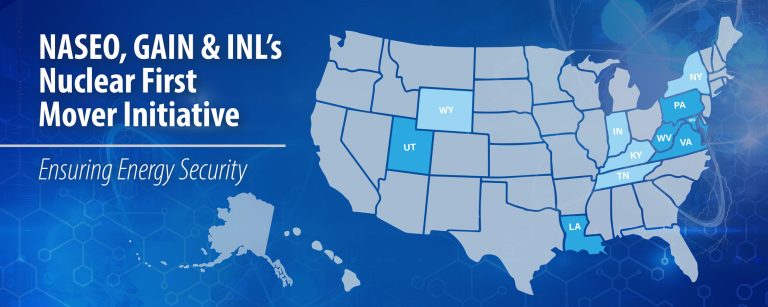Computer science and quilting don’t appear to have much in common, but they share an important thread for Bev Novak.
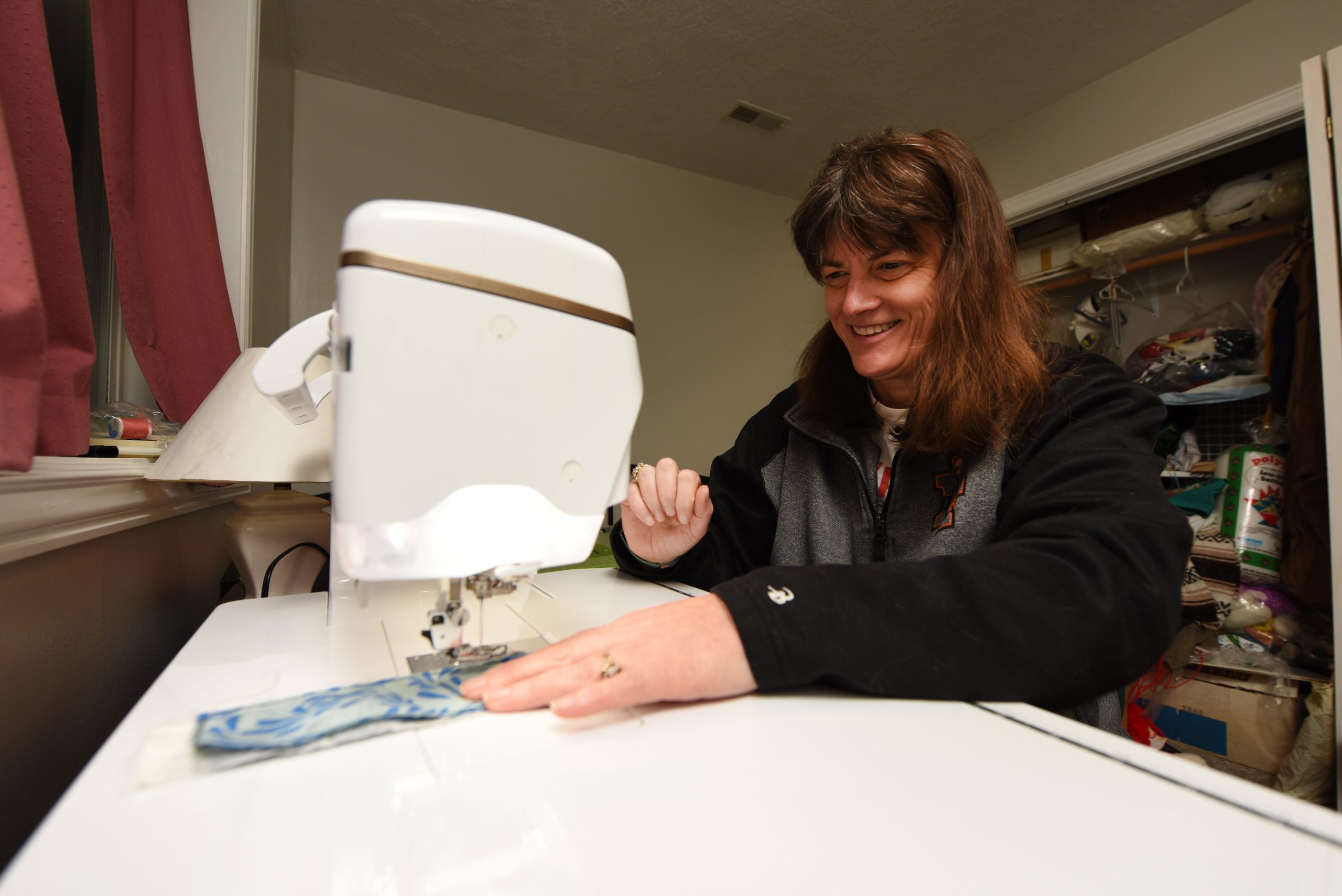
Novak works in machine learning for Idaho National Laboratory’s National and Homeland Security directorate. Here, she helps train computer systems to use algorithms and statistical models to draw inferences from data, allowing them to learn and adapt without explicit instructions. It’s an emerging and complex area of science that can be mentally taxing. To unwind, Novak enjoys spending some of her free time creating quilts for friends and family members and is perhaps best known for her extraordinary T-shirt quilts.
Novak credits her good friend and colleague, Rita Foster, with both convincing her to embark on her career change and drawing her into the world of quilting.
“Both my bachelor’s and master’s degrees are in computer science, and I have worked at INL for 30 years, but Rita was the one who encouraged me to make a change to work in the machine learning area,” Novak said.
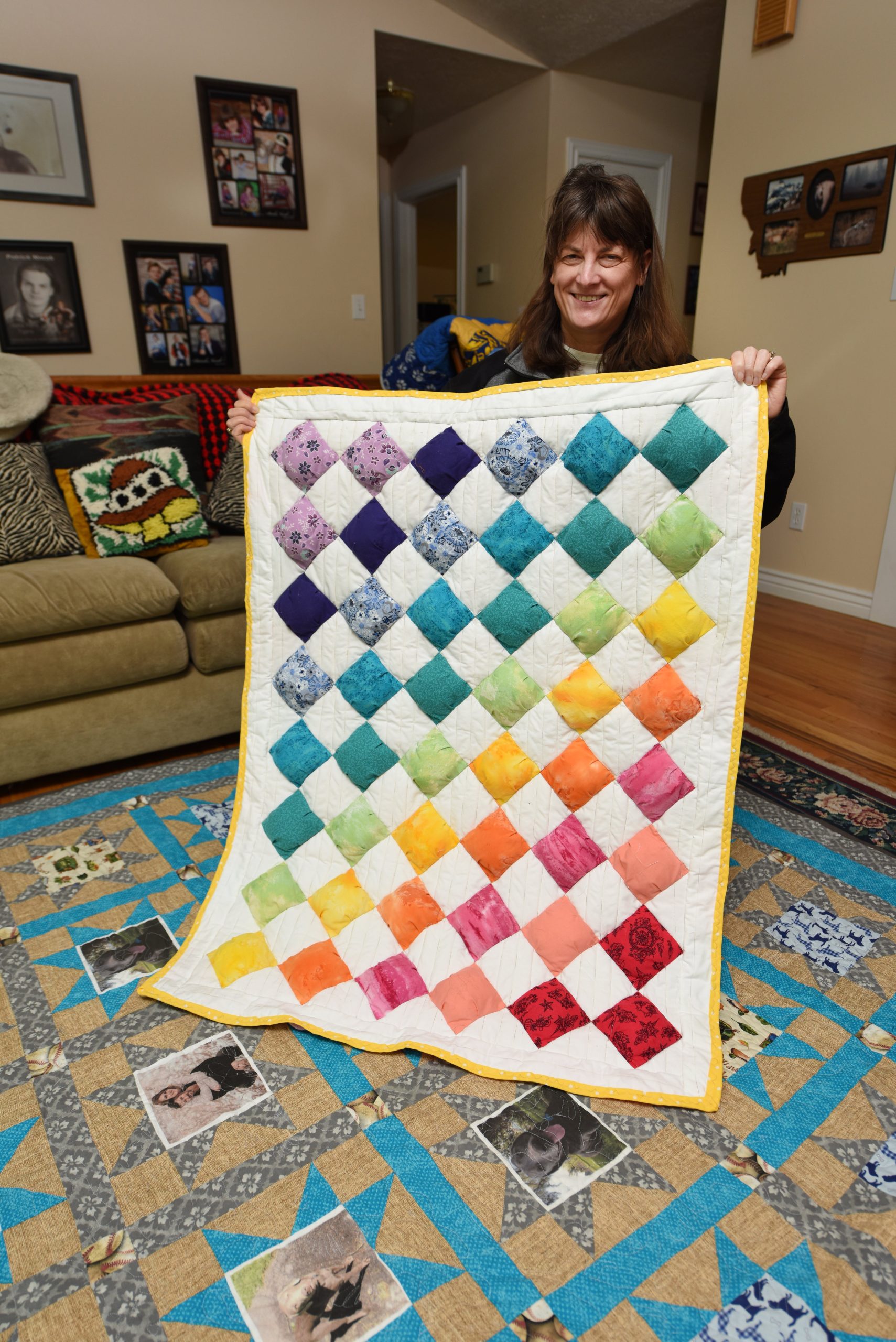
Regarding quilting, when Foster’s son graduated from high school, Novak offered to make him a crocheted afghan as a gift, but Foster asked if she could create a T-shirt quilt instead. This first quilt was a learning curve, and it took Novak about three months to complete. Now, she can finish a quilt in about three weeks.
Novak has made 20 quilts, although not all of them are t-shirt quilts. She has made several log cabin-patterned quilts as gifts for friends – one being a wedding gift – and a king-sized elk-patterned quilt. Since her first quilt for Foster’s son, she has made more than fifteen T-shirt quilts as presents for friends’ children and family gifts. Additionally, she has auctioned her quilting services four times for the United Way fundraiser as part of INL’s Community Engagement program.
“The best part of making these quilts is seeing the recipient open the present,” Novak said. She lamented that she wasn’t able to watch her friend’s four children open their T-shirt quilts on Christmas morning, but she is always happy to see the looks on her friends’ and family members’ faces when they unwrap the finished product. This makes all the stress and challenges of creating the quilts worthwhile.
And this hobby can certainly be stressful. The hardest part, Novak said, is cutting the fabric needed for the quilt. She chuckled as she explained that she has actually broken a sewing machine trying to put together one of the quilts. Her most recent treasured tool is an Accuquilter cutter, which can cut six layers of fabric with one swipe and speeds up the process significantly. She said the key for aspiring quilters is having the right tools on hand.
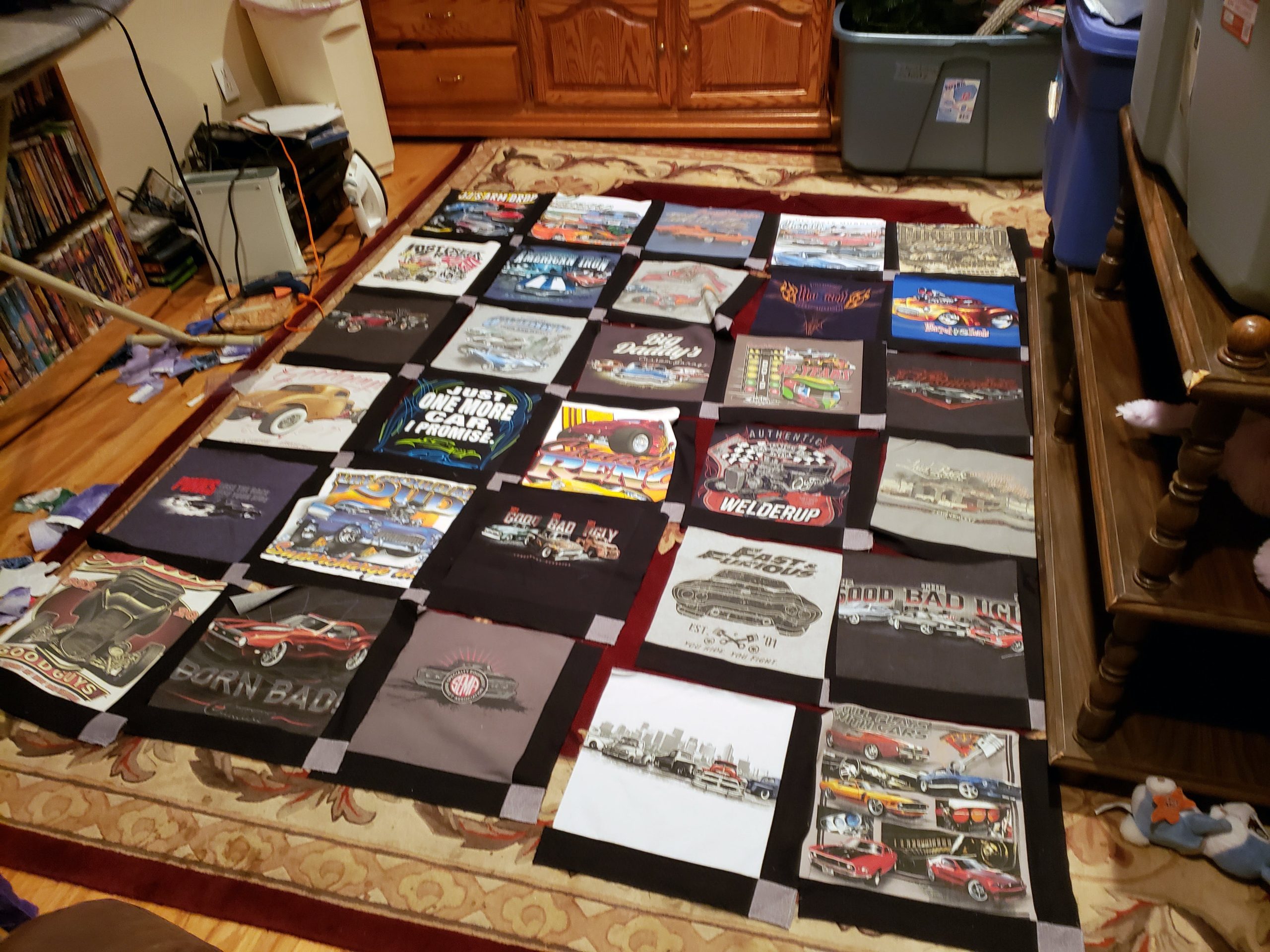
While Novak enjoys quilting as a hobby, she also sees strong correlation between her hobby and her job.
“There’s a lot of planning involved in both starting a quilt and working on machine learning technology,” she said. “Just as you have to plan the layout of the quilt, cut squares and strips correctly, and ensure you have all the material you need, you also have to plan how you’re going to load software into INL’s product for machine learning to achieve the best results in your research.”
Hobbies are fulfilling, and fulfilled people make more productive employees. Hobbies unearth hidden skills, alleviate stress, unite you with others, and improve quality of life — all things that will help you function better at work. See other stories about Idaho National Lab employees.

